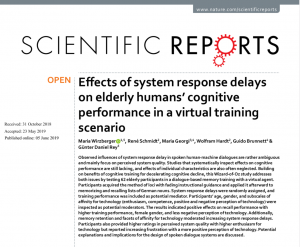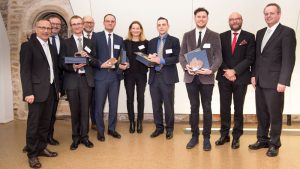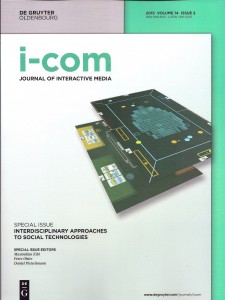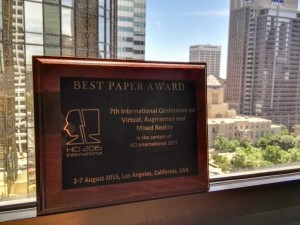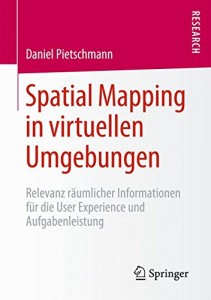Last week’s 13th International Symposium for Information Science was a very interesting experience for our collegiate Andreas Bischof and CrossWorld’s associated member Vera Obländer. Information Science is an interdisciplinary research field on the triad between knowledge, humans and information technology, as the German information science pioneer Gernot Wersig pointed out in 1993. Researchers from a broad vary of disciplines like library science, book science, applied informatics, hci design, interaction design, psychology or philosophy attended the conference at the Univesity of Apllied Science in Potsdam.
Among the key notes, talks and doctoral sessions several media informatics associates of Chemnitz University of Technology presented their work. Thomas Wilhelm gave insights on his concept for a web service to improve information retrieval technology. His colleague Marc Ritter presented a technical solution to improve digitization and extraction of metadata in video archives.
Andreas Bischof and Vera Obländer presented the first results from CrossWorld’s mutual research seminar, including all current members, associate researchers and students of Technische Universität Chemnitz. During the last semester we worked on an interdisciplinary, overarching taxonomy on interaction in human machine constellations. To combine and compare the different approaches to the term “interaction”, we developed a meta-definition with three structural features of definitions of interaction.
The paper (in German) and the whole conference proceedings can be found on the publication server of FH Potsdam.
